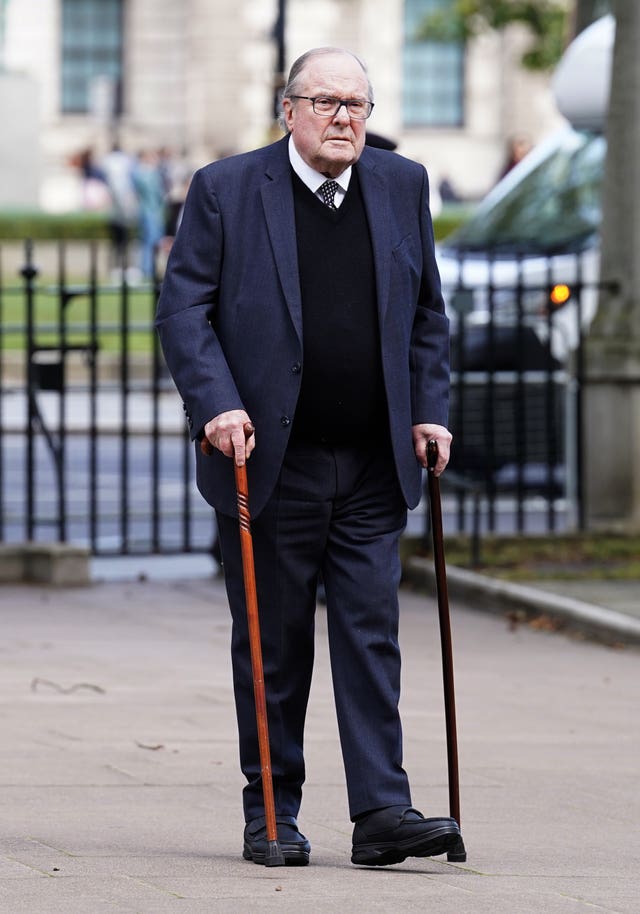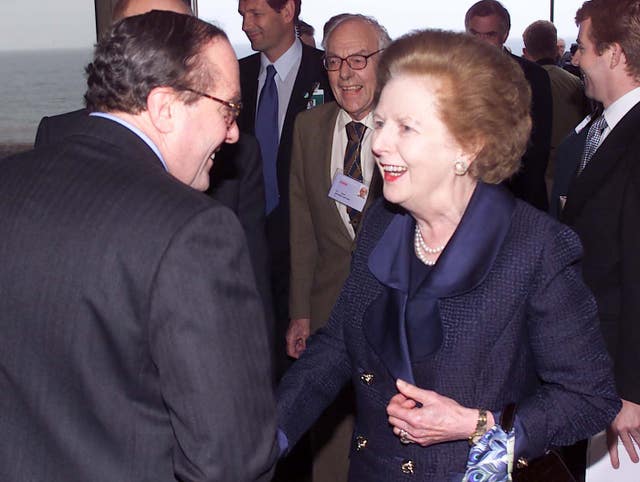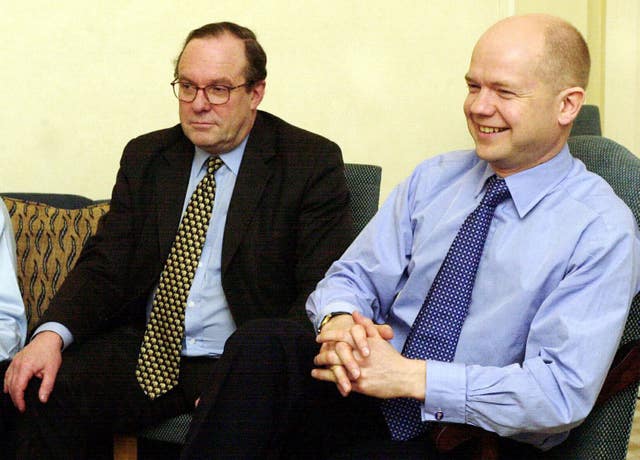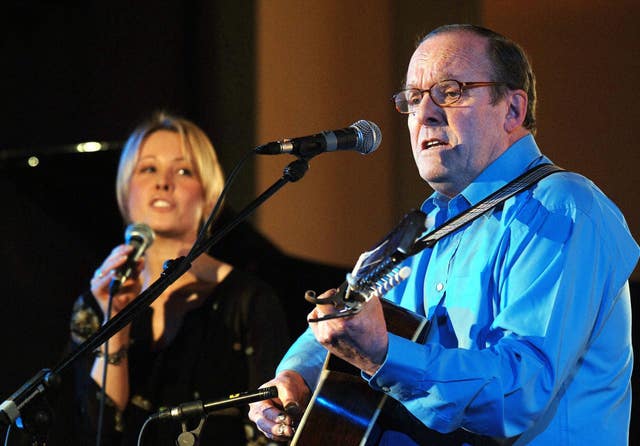
Michael Ancram, a former deputy leader of the Conservative Party who once campaigned for the leadership, was a genial House of Commons man but was seen as someone who, in political terms, lacked the killer instinct.
Mr Ancram, who died aged 79 on Tuesday morning after a short illness, was formally the 13th Marquess of Lothian but it was a title he preferred not to use.
Previously he had been happy to be known as the Earl of Ancram, from which he derived his nickname, “the emollient earl”. He was also the hereditary chief of the Scottish Clan Kerr.
He was always one of the most approachable senior politicians in the Conservative Party, and his affable nature and mild manner helped to boost flagging party morale after the cataclysmic defeats of 1997 and 2001.

But his failure to reach the topmost flights of politics had less to do with his ability than his lack of aggression and his seeming reluctance to go for the jugular of his political enemies.
Michael Andrew Foster Jude Kerr (his full name) was born on July 7 1945 and educated at the Catholic boarding school Ampleforth and Christ Church College, Oxford.
After studying law at Edinburgh University, he went to the Scottish Bar as an advocate in 1970 and later became a QC.
It was in 1970, the year Edward Heath became Tory prime minister, that Mr Ancram unsuccessfully contested his first parliamentary election, in West Lothian.
However, in February 1974 the 29-year-old became MP for Berwickshire and East Lothian – but only for eight months. He was defeated in the snap election called by Harold Wilson in October that year.

Margaret Thatcher’s first election victory in 1979 saw him return to Parliament as MP for Edinburgh South, a seat he held until 1987, after defeating future Labour prime minister Gordon Brown.
Mr Ancram was a typical One Nation Tory rather than a Thatcherite, but it was nevertheless Mrs Thatcher who gave him his first ministerial post, as under-secretary at the Scottish Office.
It was his misfortune to have to introduce the poll tax in Scotland, where it was imposed earlier than in England and Wales. He had to present it enthusiastically, although he was widely believed to have serious doubts about it.
Unfortunately for him, his period in government was cut short by his defeat at the polls in 1987. However, five years later he was back again, this time for the West Country seat of Devizes.
Prime minister John Major sent him to the Northern Ireland Office, partly, probably, because he was a prominent Catholic. In 1995, he led the first government delegation to have public talks with Sinn Fein, even though he had been in Brighton’s Grand Hotel when it was bombed by the IRA in 1984.
After the wipe-out of the Tories in Wales and Scotland in the 1997 general election, the new Tory leader, William Hague, made Mr Ancram constitutional affairs spokesman.

This put him in the awkward situation of having to run the Conservatives’ anti-devolution campaign, even though he had once favoured devolution.
This post was to be followed by a crucial spell as chairman of the Conservative Party which was badly in need of a morale boost.
When Iain Duncan Smith became leader in 2001, Mr Ancram – who had failed in that leadership contest – was appointed deputy leader of the opposition and shadow foreign secretary, a post he held until Michael Howard became leader in 2003.
Under that leadership, he became shadow defence secretary and was retained as deputy leader.
However, on the election of David Cameron to the party leadership, Mr Ancram retired to the back benches.

He retired from the Commons in May 2010 and in November that year Lord Lothian joined the House of Lords by virtue of a life peerage, Baron Kerr of Monteviot.
Until his death, he was Grand Prior of the Grand Priory of England and Wales, the Military and Hospitaller Order of Saint Lazarus of Jerusalem, reflecting his commitment to his Catholic faith.
He was also deeply committed to his landscaped gardens at Monteviot, his home in the Scottish Borders.
He was a country music fan and a proficient acoustic guitar player.
Lord Lothian is survived by his wife, Lady Jane Fitzalan-Howard, who he married in 1975. The couple had three daughters: Lady Sarah Margaret, who died at birth in 1976, Lady Clare and Lady Mary. He also had three grandchildren and five step-grandchildren.


Comments: Our rules
We want our comments to be a lively and valuable part of our community - a place where readers can debate and engage with the most important local issues. The ability to comment on our stories is a privilege, not a right, however, and that privilege may be withdrawn if it is abused or misused.
Please report any comments that break our rules.
Read the rules here